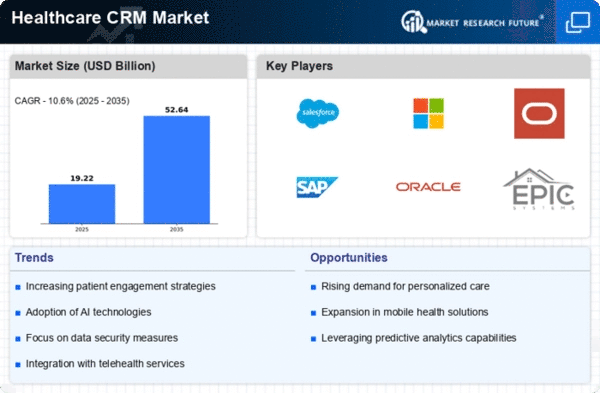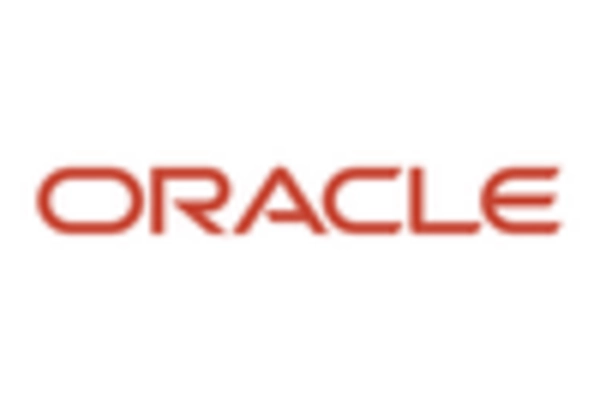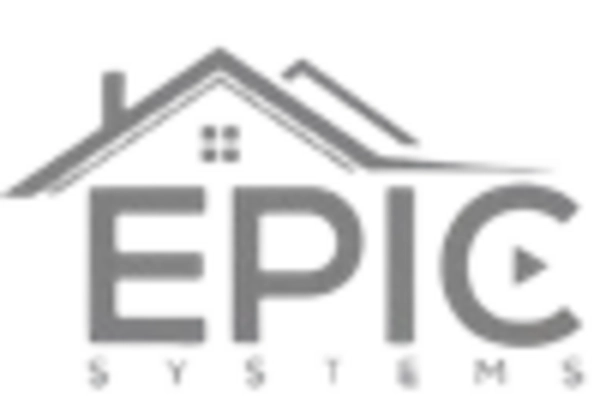Market Analysis
In-depth Analysis of Healthcare CRM Market Industry Landscape
Healthcare's digital revolution impacts the market. Healthcare CRM systems combine patient data, enhance communication, and improve delivery using digital technologies. CRM boosts healthcare efficiency and effectiveness. A patient-centric approach drives healthcare CRM. CRM systems that collect, analyze, and use patient data improve patient experience. Because patient engagement, tailored therapy, and provider-patient contact are valued. The healthcare industry increasingly uses data-driven decisions. Healthcare CRM systems analyze massive patient data to show preferences, habits, and results. Data-driven decision-making improves patient care and operations for healthcare providers. Healthcare CRM solutions boost patient happiness and engagement. CRMs improve patient happiness and outcomes by allowing patients to use patient portals and mobile applications. The desire for integrated healthcare pushes markets. Healthcare CRMs interface with EHRs, telemedicine platforms, and other technologies to improve information flow and stakeholder participation. This integration increases healthcare continuum communication and collaboration. Healthcare CRM adoption rises with value-based care. CRM systems let clinicians monitor population health, coordinate care, and improve patient well-being. Industry priorities include cost reduction and performance improvement. CRM is needed for healthcare marketing and outreach. CRM systems use individualized marketing, outreach, and focused communication to recruit and retain patients. Healthcare personnel require this skills to create and sustain patient connections in a competitive industry. Market trends depend on data security and healthcare norms. Healthcare CRM systems must comply with HIPAA to secure patient data. Trust between patients and healthcare providers requires solid data security. Changes in the healthcare business need flexible CRM systems. Healthcare firms require CRM systems that can adjust to patient numbers, services, and organization growth. Flexible and scalable CRMs are needed to satisfy various healthcare needs. Healthcare CRM solutions using AI are impressive. Chatbots and predictive analytics boost CRM systems by giving predictive insights, automating repetitive tasks, and customizing patient interactions. AI CRMs boost patient engagement and efficiency. Telehealth platforms are increasingly integrated with healthcare CRM systems. VR patient engagement, appointment scheduling, and follow-up messaging enhance with CRM-telehealth integration. Telehealth services, notably remote patient monitoring and virtual consultations, are using this interface more. Technology, healthcare, and CRM system partnerships alter market dynamics. Strategic collaborations merge CRM systems with complementary technology to provide healthcare solutions. Creative ideas and integrated strategies that meet the healthcare industry's changing demands need collaboration.


















Leave a Comment